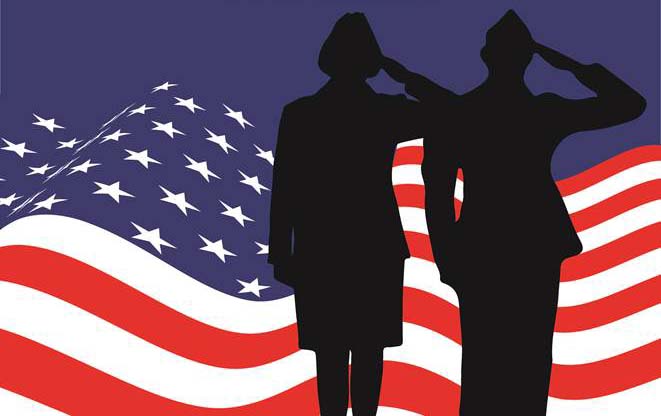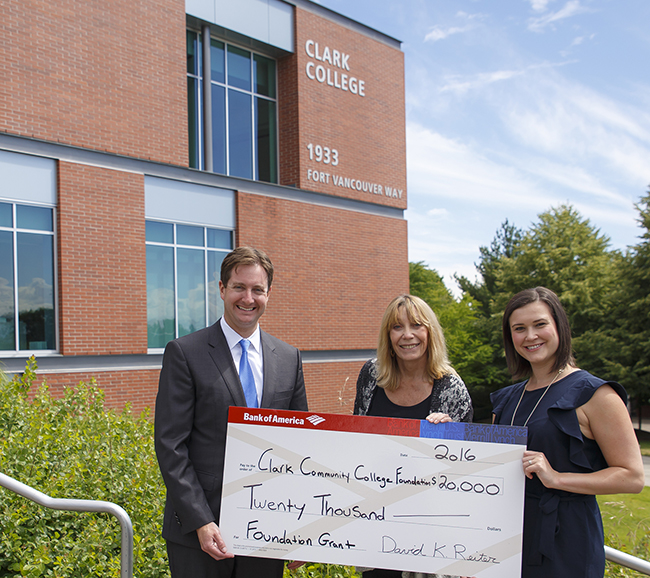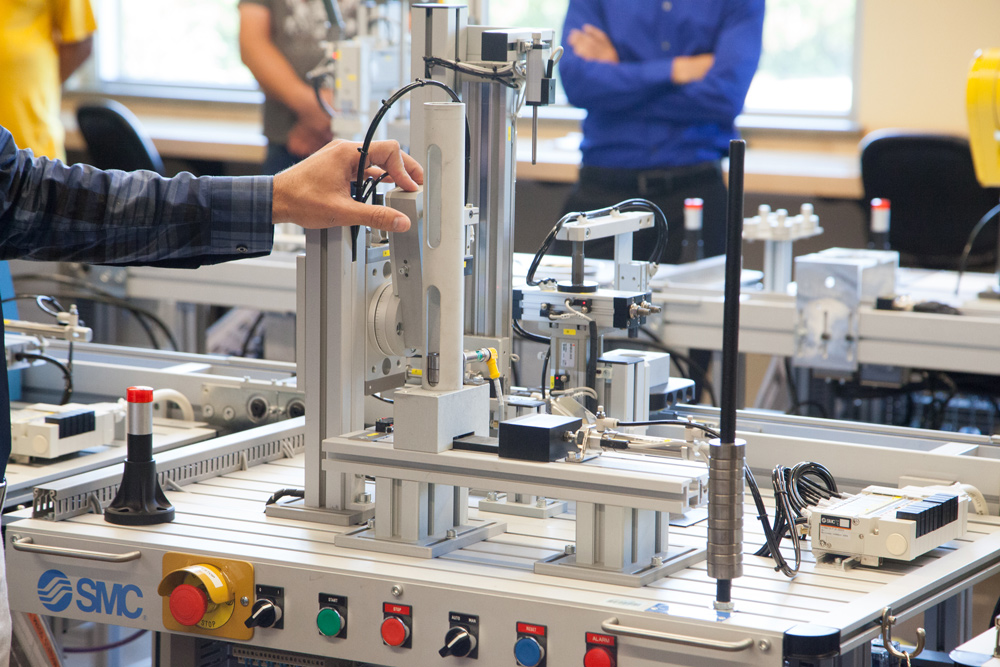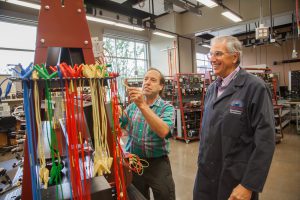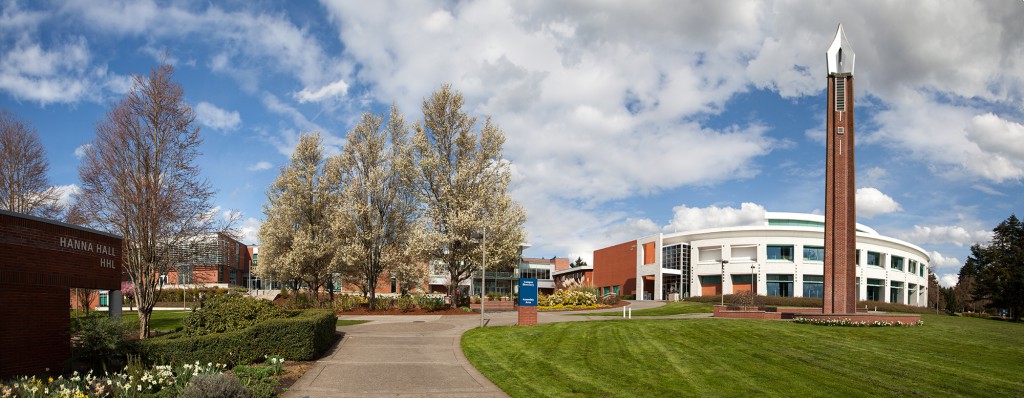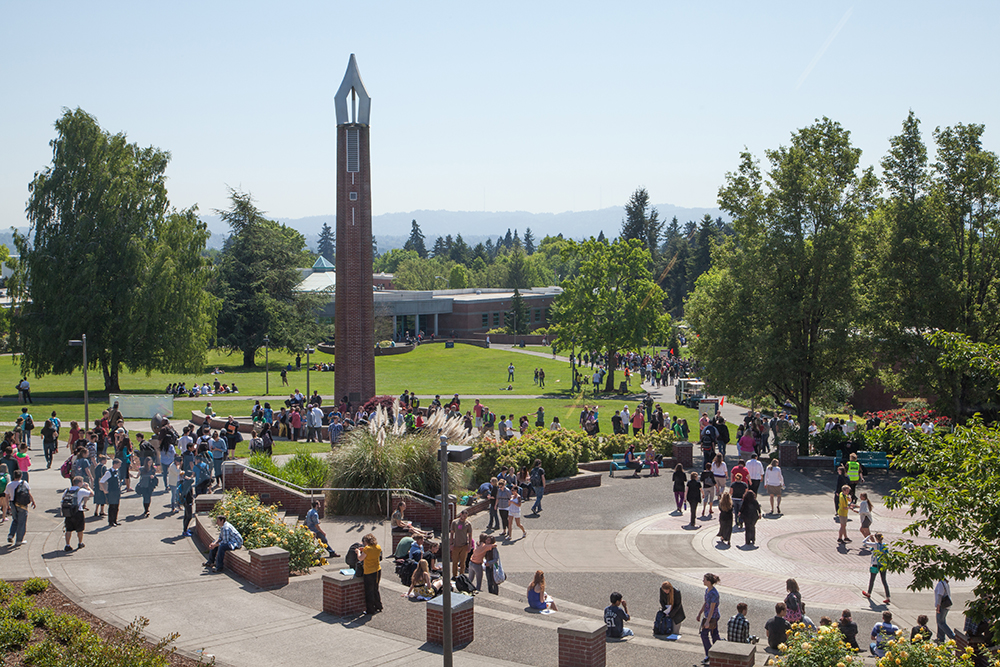Clark College Hires Title III Team

Recently, Clark College was awarded a $2.2 million Title III Part A Strengthening Institutions Program grant from the U.S. Department of Education. The grant will provide Clark College with about $450,000 annually for the five years during the grant period through September 30, 2028.
About Clark’s Title III grant
The Title III program helps eligible institutions of higher education to become self-sufficient and expand their capacity to serve low-income students by providing funds to improve and strengthen the academic quality, institutional management, and fiscal stability of eligible institutions
Clark College will use the grant money to increase student completion rates through implementing data-informed, technology-enabled career pathways via three objectives:
- Evaluate the effectiveness of programs and services to continuously adapt and improve.
- Implement Penguin Path, an integrated student success model that connects each student with evidence-based practices that address their individualized needs.
- Create flexible learning opportunities through a centralized career hub that integrates career information into course outcomes and increases equitable access to work-based learning opportunities for students.
Meet Clark’s Title III Team
Clark College has hired three project staff to manage the Title III U.S. Department of Education grant. Please welcome Byron Ford, project manager; Stephanie Leeper, career-connected curriculum liaison, and Jon Woofter, technology adoption and integration manager.

Byron Ford, Project Manager
Byron Ford is responsible for the day-to-day project management to ensure grant-funded projects move forward. He supports the project leads in their work to meet the grant objectives and collaborates with key personnel. His work includes ensuring the college stays within project scope and in compliance with Department of Education grant requirements.
Ford has worked for 16 years at three community and technical colleges in Washington: Bellingham Technical College, Green River College in Auburn, and Lower Columbia College in Longview, working in both instruction and student affairs. Most recently, at LCC he was integral in redesigning its advising program, overhauling the student onboarding process, establishing a one-stop center for students, and integrating the college’s student success technology. He holds a Bachelor of Music degree with a Flute Performance concentration and a Master of Education degree in Student Affairs Administration in Higher Education, both from Western Washington University.
Contact Byron Ford: Bauer Hall 119, bford@clark.edu or 360-992-2409.

Stephanie Leeper, Career-Connected Curriculum Liaison
Stephanie Leeper is working with Clark faculty, staff, and local employers and partners to connect students with opportunities to enrich their career readiness through work-based and other career-connected learning opportunities. She is creating a virtual career hub that will connect Clark students with employers for work-based learning opportunities and career exploration.
Leeper worked for more than seven years at Washington State University Vancouver at Carson College of Business and in student affairs and enrollment. She planned orientations, career fairs, and experiential learning programs and developed business connections and employment engagement. Leeper holds a Bachelor of Social Sciences degree with a concentration in Personnel Psychology and Human Resources from Washington State University Vancouver.
Contact Stephanie Leeper: Gaiser Hall 206H, sleeper@clark.edu or 360-992-2647.

Jon Woofter, Technology Adoption and Integration Manager
Jon Woofter will implement technological solutions to further grant objects, will train Clark employees in those technologies, and work with Clark’s IT department, project leaders, and vendors.
Woofter spent 20 years in K-12 public education in Naples, Florida: first in the classroom and then in a series of administrative positions focused on curriculum, instruction, and school improvement. He has directed numerous large-scale technology adoption projects and trainings related to the thoughtful use of technology integration. He holds a bachelor’s degree in Secondary Education and Teaching from the University of Akron and a Master of Education in Educational Technology from American College of Education.
Contact Jon Woofter: Bauer Hall 117, jwoofter@clark.edu or 360-992-2421.
